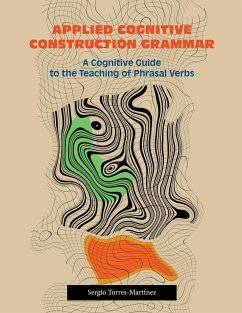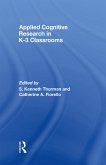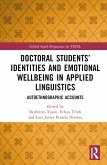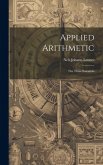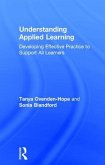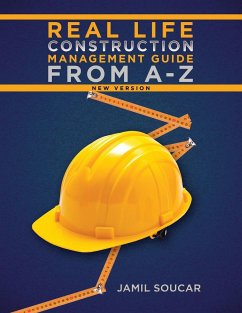This book is about teaching and learning phrasal verbs in the context of both foreign and second language acquisition. Although both processes differ in terms of the degree to which learners are exposed to the target language through either formal classroom instruction or immersion in the language, the idea underlying this proposal is that both EFL and ESL learners can have similar levels of exposure to the language if the nature of constructions is clearly defined. Thus, in order to create a type of input that promotes category construction through both inductive and explicit instruction, it is necessary to depart from very different assumptions regarding the nature of mind, cognition, and the human experience with the physical world. For example, I claim that what we call mind is not a brain-only phenomenon but a flux of embodied experiences and agentive selections that are reflected in the linguistic system through the influence of speaker-meaning. This theoretical shift aims to connect Applied Cognitive Construction Grammar (ACCxG) with several disciplines such as psychology, cognitive science, philosophy, semiotics, linguistics, and second language acquisition (SLA) theory, to name a few. Clearly, the book is not programmatic, but aims to introduce a cognitive description of language in the context of pedagogical grammar.
Bitte wählen Sie Ihr Anliegen aus.
Rechnungen
Retourenschein anfordern
Bestellstatus
Storno

